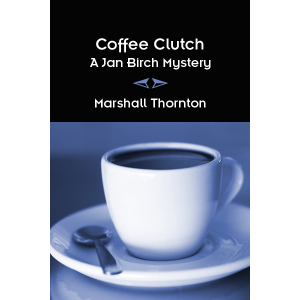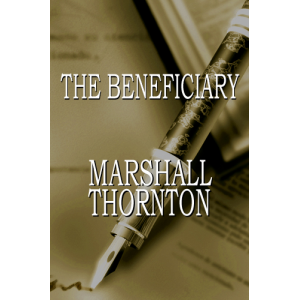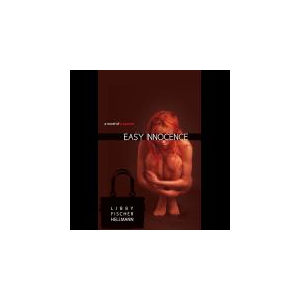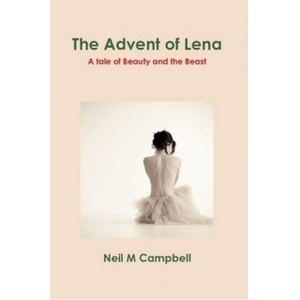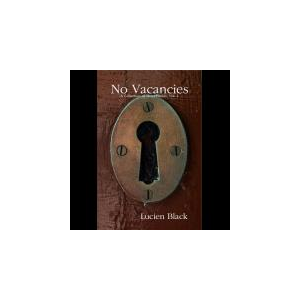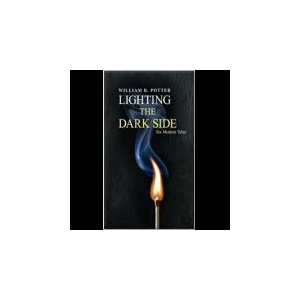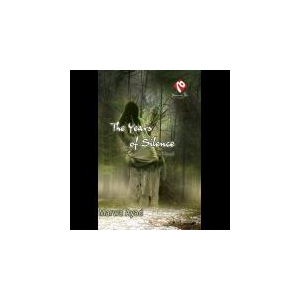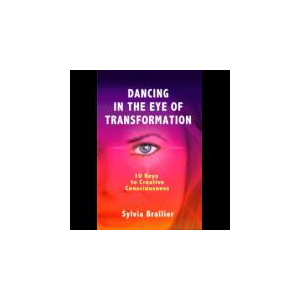April 4, 1968. To the world, it was the day an assassin's bullet struck down Dr. Martin Luther King Jr. To Charlie Tidewater, it was the day that life as he knew it was over--the day his beautiful mother suddenly died.
Tamara Drake Tidewater was a descendant of one of Virginia's first families, and Charlie was only nine years old when she passed away. The newspaper obituary said she died peacefully, but Charlie knows that the obituary was a lie.
Thirty years later, Charlie remains haunted by the mystery surrounding his mother's untimely death. Newly divorced, he has returned to his childhood home near Richmond, down the glittering mica highways of rural Virginia. He hopes that discovering how his mother really died will finally enable him to lay the ghosts of his troubled past to rest. But the one man who can help Charlie has no intention of unveiling horrors he has spent three decades trying to hide.
Book Trailer
www.youtube.com/watch?v=GARVlfztYF4The Story Behind This Book
Mica Highways picks up where Tobacco Sticks left off twenty years later. 1968 brings Martin Luther Kings assassination and a crime that is hushed up for twenty more years. When a young man decides go down South and find out about the mysterious circumstances of his mother's death-we are led into a sort of who done it mystery. But Mica Highways is really about love triumphing over tremendous pain. Charlie Tidewater stays with his old grandfather who is on the last weeks of his life and we see his life spin out during his nocturnal journeys. We follow granddaddy as he races bootleggers, start a business, lose everything, then we watch as his wife slowly goes mad. Through it all this there is a central crime, a central wrong that was committed during the worst of the Civil Rights movement. But granddaddy perseveres and puts forth his simple ode to life-it is what we make it. So it is.


